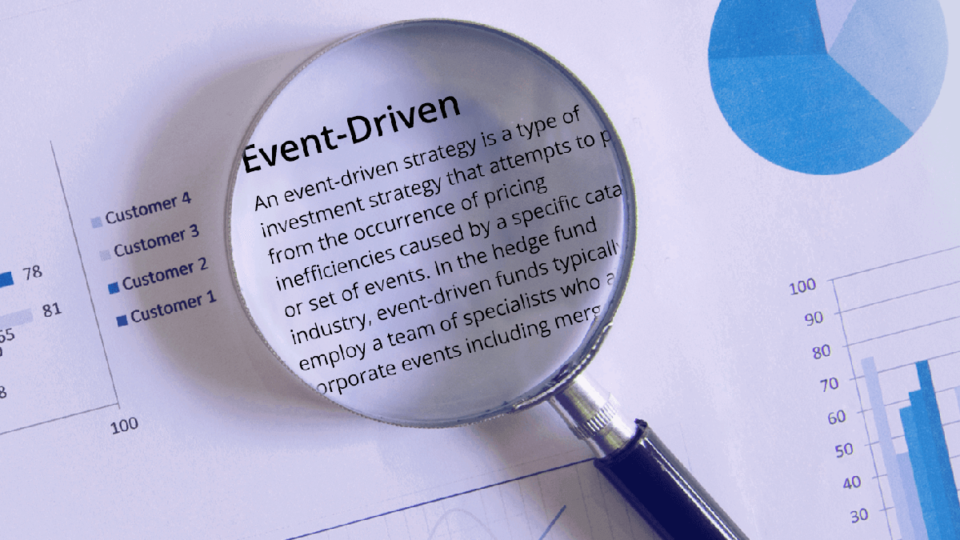Event-driven strategies are a unique approach to investing that involves making investment decisions based on significant events that can affect the prices of securities. These events could range from mergers and acquisitions, earnings announcements, regulatory changes, or even geopolitical developments. Here are some tips to help you navigate event-driven strategies effectively.
- Stay Informed: The first step in any event-driven strategy is staying informed about current events. This doesn’t just mean keeping an eye on the news. It also means monitoring market movements, economic indicators, company announcements, and other factors that could potentially impact your investments. By staying informed, you’ll be better equipped to identify potential investment opportunities as they arise.
- Identify Triggers: Event-driven strategies rely heavily on identifying specific triggers or catalysts that can create opportunities for trades. These triggers could be anything from a merger announcement to a change in government policy. Once you’ve identified a potential trigger, you can then start planning your investment strategy around it.
- Conduct Thorough Research: Before you make any investment decisions, it’s crucial to conduct thorough research. This means not only understanding the event itself but also its potential implications. Look at historical data, study similar past events, and consider various scenarios and their potential outcomes. The more information you have, the better positioned you’ll be to make informed investment decisions.
- Manage Risk Effectively: Like any investment strategy, event-driven strategies come with their own set of risks. These can include everything from market volatility to the unpredictability of certain events. To manage these risks effectively, it’s important to have a robust risk management plan in place. This could involve setting stop-loss orders to limit potential losses, diversifying your portfolio to spread risk, and closely monitoring your positions.
- Act Quickly: Timing is everything when it comes to event-driven strategies. Once a trigger event occurs, you need to act quickly to capitalize on the opportunity. This means having a plan of action in place so you can make swift, decisive decisions.
- Continuously Evaluate and Adapt: The market is constantly changing, and what worked yesterday might not work today. That’s why it’s important to continuously evaluate your strategy and make adjustments as necessary. Keep track of your trades, assess their outcomes, and use this information to refine your approach.
- Patience is Key: Event-driven investing often requires patience. It may take time for an event to have an impact on the market, and even then, the results may not be immediate. Be prepared to wait for the right opportunity to present itself.
- Seek Professional Advice: If you’re new to event-driven strategies, consider seeking advice from a financial advisor or investment professional. They can provide valuable insight and guidance, helping you navigate the complexities of this type of investing.
In conclusion, event-driven strategies can offer significant investment opportunities, but they also come with their own set of challenges. By staying informed, identifying triggers, conducting thorough research, managing risk effectively, acting quickly, continuously evaluating and adapting your strategy, being patient, and seeking professional advice, you can increase your chances of success in event-driven investing.

